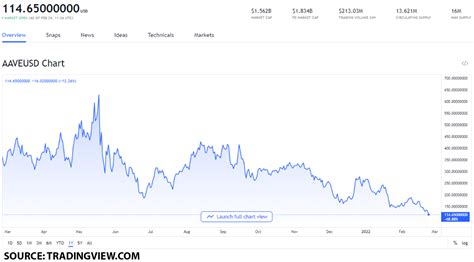Here is a comprehensive article on “Cryptography”, “Capitalization” and “Kusama” focused on “Pool”:
The power of the pool in encryption
In the cryptocurrency world, pool mining has emerged as a powerful strategy for individuals to participate in the process of validating transactions without having to have the necessary hardware. A remarkable example is Kusama (KSM), a public blockchain project that uses a unique approach to scalability and decentralization.
What is pool mining?
Pool mining is a method in which several computers or machines work together to solve complex mathematical problems, resulting in the validation of transactions in the blockchain. By gathering resources, miners can increase their chances of solving these problems efficiently and reducing the necessary computational power. This approach allows faster transaction verification times, which benefit users who value speed and convenience.
Kusama: a decentralized blockchain

Kusama is a decentralized public blockchain project that seeks to improve the mechanisms of consensus of traditional work (POW). Unlike other blockchains such as Ethereum, Kusama uses a unique approach called “Stake Proof” (POS). In POS, validators are selected based on the amount of cryptocurrency they maintain in their wallets rather than solving complex mathematical problems.
Kusama’s Blockchain architecture is designed to be more energy efficient and scalable compared to traditional blockchains. The focus of the project in decentralization and security has attracted significant attention from investors and developers. As Kusama continues to grow and mature, it promises to become a leading force in the cryptocurrency space.
Critographic capitalization: the impact of pool mining
The rise of pool mining may have a profound impact on the encryption market. By increasing transaction processing times and reducing rates, pool mining allows users to participate in the validation process without having to invest significant amounts of capital. This shift to more affordable and affordable blockchain technology has caused concerns among traditional investors, which can see this as an opportunity for speculative gains.
However, the proponents of pool mining argue that it is a crucial step towards decentralization and innovation in the encryption ecosystem. By making blockchain validation more accessible, Kusama and other similar projects are helping to reduce barriers to the entry of user, developers and companies. As the demand for scalable and decentralized solutions continues to grow, we can expect to see significant advances in the field.
Conclusion
In conclusion, pool mining has emerged as a strategy to achieve scalability and decentralization in the cryptocurrency space. Kusama (KSM) is a remarkable example of this trend, offering a unique approach to blockchain validation that promises faster transaction times and greater accessibility. As investors and developers continue to navigate the evolving landscape of encryption, we can expect to see more innovative solutions emerge, driven by mining principles and pool decentralization.
Keyboards -Chave:
- Pool mining is a method for validating transactions on a blockchain without requiring individual hardware.
- Kusama (KSM) is a decentralized public blockchain project that uses Proof of Participation Consensus (POS) mechanisms.
- The rise of pool mining may have a significant impact on the encryption market, allowing users to participate in the validation of the transaction without investing significant capital.
- As the demand for scalable and decentralized solutions continues to grow, we can expect to see more innovations arise from the principles of mining and pool decentralization.